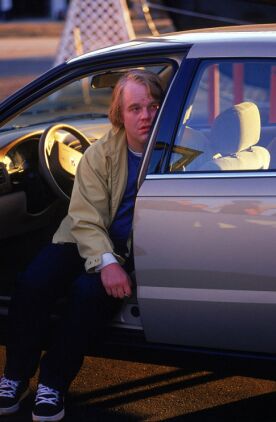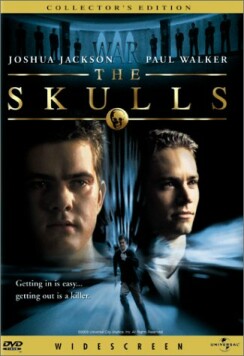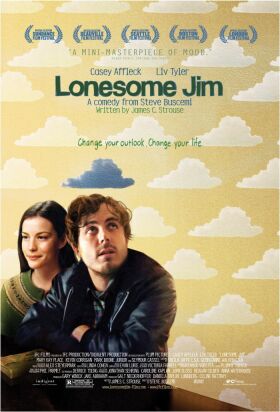Love Liza
When you hear someone say, “I can’t take it anymore,” what do you suppose he means? For most of us it is just a figure of speech. We may not want to take it anymore, but we have to, usually. And we do. Sometimes, however, the expression actually means what it seems to say. Sometimes people really do break down under the emotional strain and become someone quite different from the people they were before they couldn’t take it anymore. Such a person is Wilson Joel (Philip Seymour Hoffman) after his wife commits suicide in Love Liza.
It will be readily apparent that this is an actor’s movie, a chance provided by the screenwriter, who is the star’s older brother, Gordy Hoffman, and director Todd Louiso for the much-admired Philip Seymour Hoffman to show what he can do in a part requiring his complete transformation from a highly competent and well-paid designer of websites into an utter wreck of a man under the pressure of crushing grief. Not much happens. We see the pictures of his loneliness, his inability to sleep in the bed he shared with the dead woman, or even on the couch. So he sleeps on the floor.
Getting up in the night to take a pillow off the bed, he finds the letter, sealed in an envelope, that his wife left him, but he is unable to open the letter. “Wrote me a note,” he says to himself, unable to use her name, or even the feminine pronoun. He takes it to his mother in law (Kathy Bates) and says it again: “Wrote me a note; your daughter wrote me a note.” She urges him to read it — “She left reasons, Will” — but still he cannot do it. Only once does he attempt to explain to her his feelings about the letter: “I loved well!” he cries out in agony. “I don’t want a letter. I don’t want a f***ing letter!”
Though he does not read it, the letter’s very existence seems to precipitate a decline. From dumb suffering, he proceeds to go seriously off the rails. After a brief vacation, which doesn’t help, he takes up sniffing gasoline fumes. Between the grief and the gas he gets to do some pretty crazy things, and when his boss, Maura (Sarah Koskoff), comes over and remarks on the smell of gasoline, he quickly invents the story that he is a model builder and hobbyist. Maura says her brother-in-law, Denny (Jack Kehler), is also a hobbyist, and Wilson is forced to buy a model airplane to lend credence to his story.
When Maura confesses a romantic interest in him, Wilson literally runs away. By chance he meets Denny at a hobbyists’ gathering in Louisiana, where the latter is racing his model boat. This results in an unlikely friendship between the two men which is the best thing about the movie. Denny is not a man of great intelligence, sophistication or emotional sensitivity. Though sympathetic to Wilson’s pain, he treats it in a much more matter-of-fact way than anyone else in his life, and this appears to be what he needs. At any rate, Denny turns out to be if not the only friend he’s got, at least the only one in whose company he is able to find some solace.
Eventually, of course, he does read the letter, but it doesn’t do anything to clear up the mystery of its author’s suicide. Neither a narrative nor an emotional resolution of Wilson’s grief appears to be the point of the picture, but only a fascination with grief itself. Certainly it is one of the more interesting of human emotions and one which, like love or anger, can often lead people into bizarre and humorous behavior. I still think it a shame that neither of the Hoffman brothers, nor Mr Louiso, have anything more than that to tell us about it, but fans of Philip Seymour Hoffman will doubtless find it a treat to watch him going to pieces.
Discover more from James Bowman
Subscribe to get the latest posts to your email.







